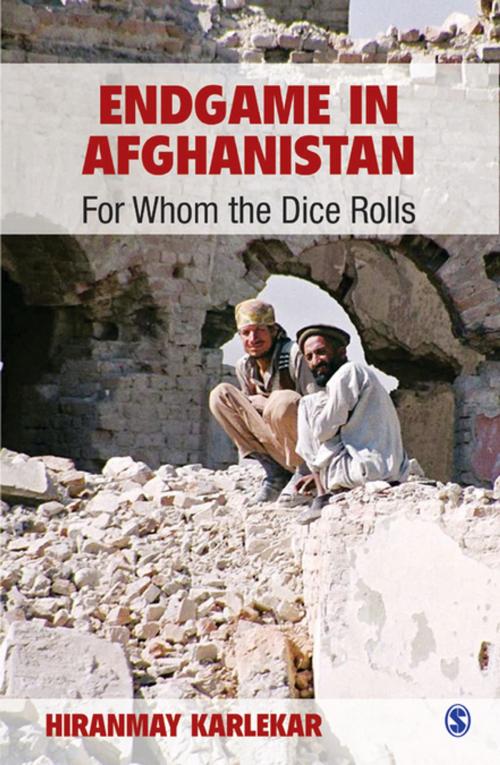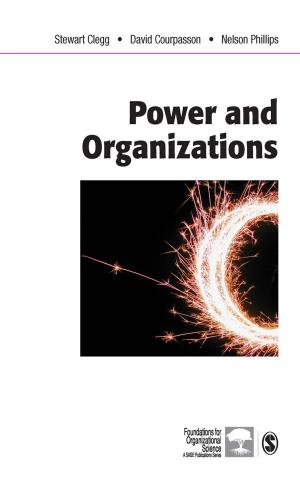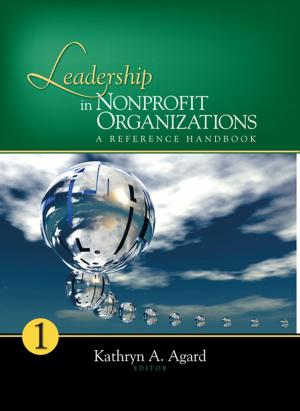Endgame in Afghanistan
For Whom the Dice Rolls
Nonfiction, Social & Cultural Studies, Political Science, International, International Relations, Reference & Language, Reference| Author: | Hiranmay Karlekar | ISBN: | 9788132117131 |
| Publisher: | SAGE Publications | Publication: | November 13, 2012 |
| Imprint: | Sage Publications Pvt. Ltd | Language: | English |
| Author: | Hiranmay Karlekar |
| ISBN: | 9788132117131 |
| Publisher: | SAGE Publications |
| Publication: | November 13, 2012 |
| Imprint: | Sage Publications Pvt. Ltd |
| Language: | English |
Endgame in Afghanistan: For Whom the Dice Rolls covers a wide territory related to the war in Afghanistan, the stakes the whole world-and not just the United States-has in it, and its possible outcome. It shows that it is not merely a war for the future of Afghanistan, but a conflict between the regressive worldview of the Taliban and al Qaeda and modernity.
The book examines the consequences of an American exit from Afghanistan under circumstances indicating a defeat; the ability of the Karzai government or its successor to hold its own thereafter; and the regional and global geo-strategic consequences, including those on Pakistan, of a Taliban-al Qaeda takeover of Afghanistan. It also explores the possibility of the United States arriving at a peace settlement with the Taliban as well as that of the Americans winning the Afghan war.
Taking an analytical multi-disciplinary approach, coupled with meticulous research, this book focuses on areas hitherto neglected. Linking known but scattered information in entirely new and cohesive analyses, the author presents the kind of comprehensive picture of the Afghan war and its consequences that no other book has done.
Endgame in Afghanistan: For Whom the Dice Rolls covers a wide territory related to the war in Afghanistan, the stakes the whole world-and not just the United States-has in it, and its possible outcome. It shows that it is not merely a war for the future of Afghanistan, but a conflict between the regressive worldview of the Taliban and al Qaeda and modernity.
The book examines the consequences of an American exit from Afghanistan under circumstances indicating a defeat; the ability of the Karzai government or its successor to hold its own thereafter; and the regional and global geo-strategic consequences, including those on Pakistan, of a Taliban-al Qaeda takeover of Afghanistan. It also explores the possibility of the United States arriving at a peace settlement with the Taliban as well as that of the Americans winning the Afghan war.
Taking an analytical multi-disciplinary approach, coupled with meticulous research, this book focuses on areas hitherto neglected. Linking known but scattered information in entirely new and cohesive analyses, the author presents the kind of comprehensive picture of the Afghan war and its consequences that no other book has done.















